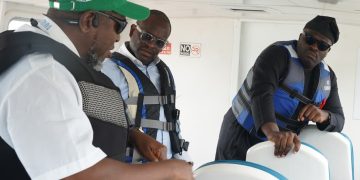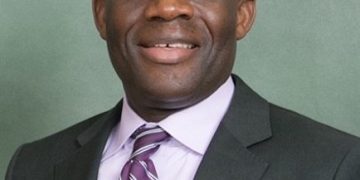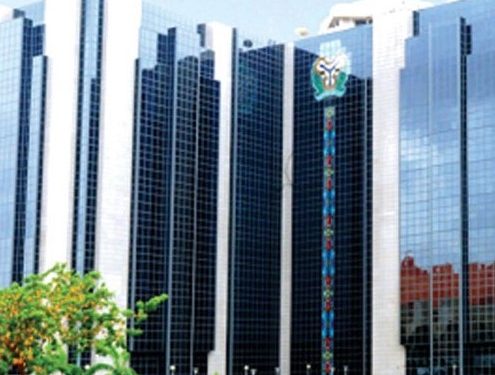By Anthony Nwachukwu
Plans by the Federal Government to transfer some departments of the Central Bank of Nigeria (CBN) are political, petty and ill-motivated, the Human Rights Writers’ Association of Nigeria (HURIWA) has said.
Condemning as illogical the explanation by the CBN Governor, Mr. Olayemi Cardoso, that it was meant to decongest the Abuja headquarters, HURIWA noted that the headquarters was moved from Lagos to the Federal Capital Territory (FCT), Abuja to decongest the former Lagos head office.
It likened the development to some governors’ unjustifiable movement of state universities and government institutions and facilities to their local councils and towns as dividends of political power.
According to the rights group, the move violates section 298 of the 1999 Constitution (as amended), which recognised the FCT as the nation’s capital and seat of government, just as the CBN Act, recognising it as the Federal Government’s official banker, means that it must be domiciled wherever the seat of government is.
“The CBN is to issue legal tender currency in Nigeria; maintain external reserves to safeguard the international value of the legal tender currency; promote a sound financial system in Nigeria; and act as banker and provide economic and financial advice to the Federal Government,” a statement by the HURIWA National Coordinator, Comrade Emmanuel Onwubiko, read.
“It is a fallacy to say that some departments must be domiciled in Lagos because of the puerile and laughable reason that most banks have their headquarters in Lagos, as if the CBN is subservient or is supposed to follow the operational plans of commercial banks.”
The body accused Cardoso of executing ethnic agenda by attempting to move strategic departments of the CBN to Lagos, his state of origin, wondering if there would have been departments for him to move to Lagos had his predecessors moved them to their states.
Describing the plan as “politically toxic” and a “very dangerous precedent,” the rights group warned Cardoso to drop it, as successors would subsequently use it to destabilise the institution’s segments and operations.
“The decision or plot to relocate departments of CBN to Lagos is politically motivated and must never be allowed to happen or else we will wake up one morning to hear that President Bola Ahmed Tinubu has moved the state house back to Lagos, which by law stopped being the federal capital territory the moment Abuja became the FCT in the early 1990s,” it added.
HURIWA also faulted the excuse that the headquarters of banks are in Lagos, stating that those commercial banks should have been asked to set up corporate or administrative offices in Abuja by virtue of the fact that Abuja by law is the nation’s FCT. Therefore, the plan “is dragging the hand of the clock backwards in Nigeria.”
It argued that if the CBN’s new head argues that the Abuja headquarters is congested, it means that all kinds of persons not needed or contributing nothing to the running of institution in the first place were simply employed because politicians imposed them on the CBN.
“The CBN building in Lagos is obviously too tiny to accommodate those staff who might be taken to an over-congested Lagos State.
“This ethnic agenda by the Lagos-born CBN governor must be aborted, and the CBN is a banking regulator of all of Nigeria and not for banks domiciled in Lagos only.”
HURIWA, recalling the report of a media establishment that saw the memo, noted that some strategic departments listed to be re-located included Banking Supervision, Other Financial Institutions Supervision, Consumer Protection Department, Payment System Management Department and Financial Policy Regulations Department.
It urged the National Assembly to call the Cardoso to order so that he does not unwittingly use ethnic politics to poison and kill off such a national institution, adding that all departments of the CBN headquarters must be in Abuja while those members of staff already in the Lagos office should handle assignments involving banks based there.
It further argued that in this digital age, the CBN does not have to physically locate staff in Lagos to carry out its task of regulating the banking sector.






























